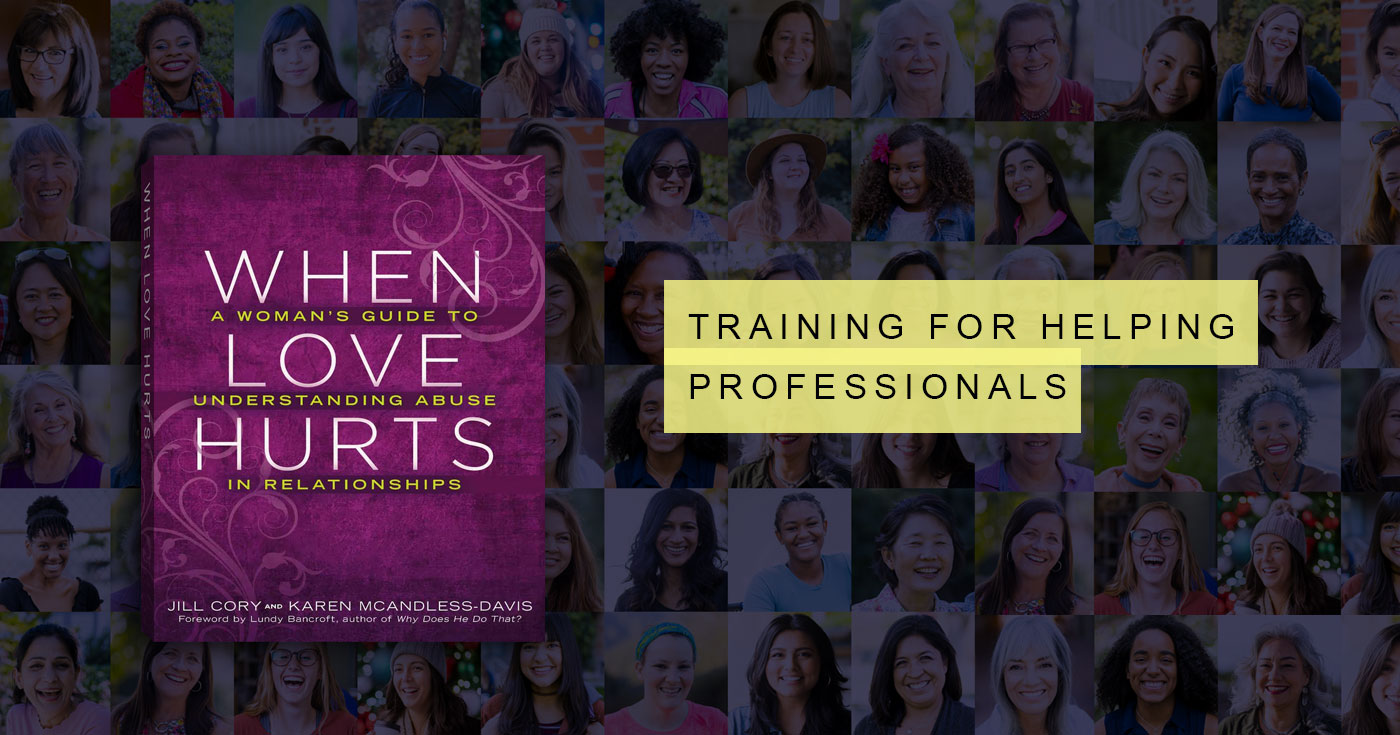Victim or Survivor?
VICTIM or SURVIVOR? These words hold power! We may toss these terms around without considering this. I have used them both many times referring to myself. For a long time I embraced the word “victim”. It helped me realize that what had happened was not my fault. I wore it like a badge of honor while I healed. I needed it. Then, as I grew and changed, I realized it was no longer serving me and that it didn’t feel right anymore. I no longer wanted that to be such a huge part of my identity. I started referring to myself as a “survivor”. But it’s only because the violence was in the past and I had been able to get some justice and lots of support. I think everyone who is abused experiences the word “victim” differently. Sometimes I meet and work with an abused woman who refuses to identify as a victim because she believes it would mean she was weak and passive, accepting the abuse and not defending herself. I often find myself explaining that this is not the case at all, that she IS the victim of a crime, in the truest sense of the word, through absolutely no fault of her own. I explain that it has nothing to do with WHO she is, just what has been done to her by someone else. It is no more shameful than having been hit by a car. The difference is that a car would no longer be a danger to her. It is imperative to have a reality check on this, because her thinking on the matter is directly tied to her safety. If she says, “I refuse to be a victim!”, “He is not going to control me any longer!”, she may not take the necessary safety precautions. Having ended the relationship, she is likely in more danger than ever. Abusers are stalkers. Using this word (victim) is a nuanced issue. Those who have been abused must decide for themselves how they want to identify. While they work out their new reality & identity, we must continually urge them to focus on safety above all else. – Julie Owens, Women’s Advocate – North Carolina.



I like this message.
I would like to add that sometimes I use the word “target”. The reason I like “target” is that it makes clear the intentions of the person who is targeting you for abuse, while making no judgements about you, since “victim” is such a loaded word sometimes.
It’s a little more neutral than victim or survivor.
I think of “survivor” as more advanced; a word to use when you’re farther out of the abuse.
Great comment. Thank you! It is important for women to name their own experience.